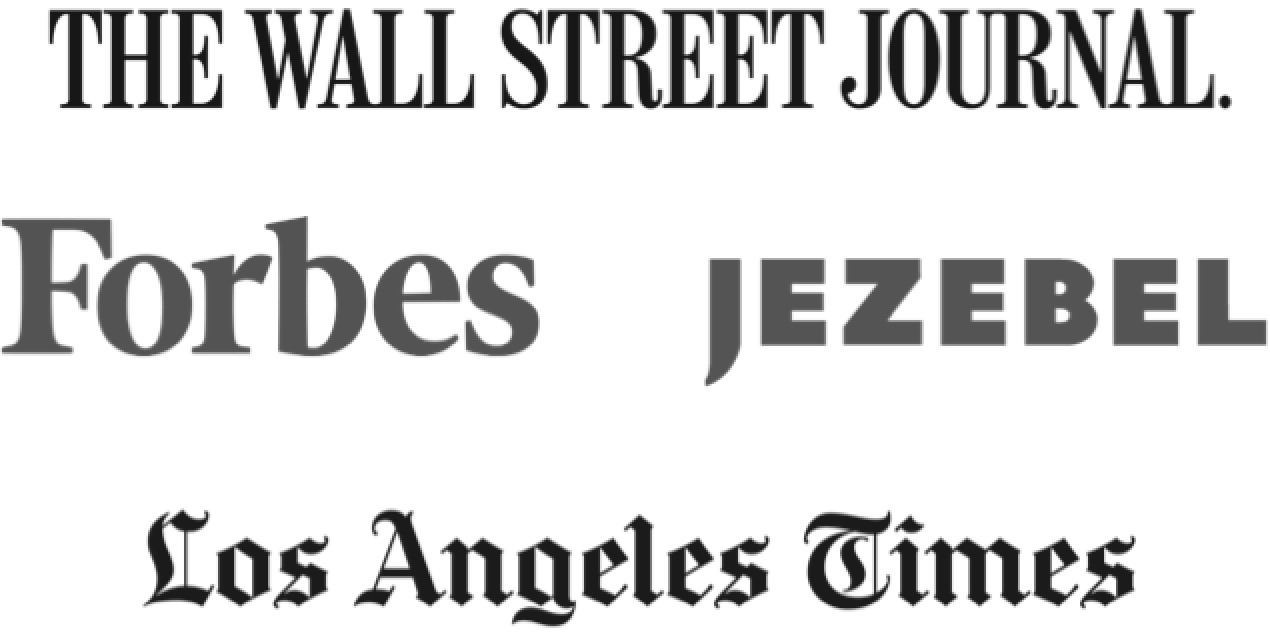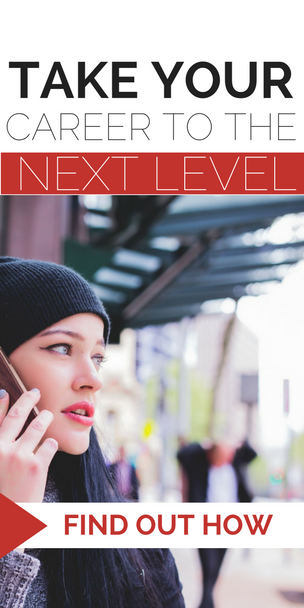We can all applaud real transformation. It makes a great story when someone spent their youth trying hard not to be seen but then went on to become a powerful and influential leader and marketing success story. Such is the true story of today’s guest. Listen and be inspired to do great things.
Julie Weber is the co-founder and partner at DC marketing firm Brllnt. Brllnt helps brands harness the power of marketing and design to connect with their core audience. Julie is a special someone that I wanted you all to meet. She’s humble, courageous, driven, vulnerable, and an overall force for good on the planet. She embodies to me the complexity of modern women leaders in today’s world. In this episode, Julie and I discuss her background (she’s originally from Kentucky, and her mother is Korean) and some of the cross-cultural intersections that have shaped who she is and her leadership today. We also talk about what it takes to be a great partner and co-founder, and in particular, what it takes to make a business marriage like that work well. We also talk about self – care and continuous self – actualization as the keys to performance both in and out of the office.
The problem with female leadership
Most women have not been taught to be competitive in business as men are. We need to acknowledge and support each other’s competitiveness instead of feeling insecure when someone does something better than we do. Julie works with a team of 11 at Brllnt, always striving to shine a light on each other’s strengths and not discounting them. Female leaders have been raised in an environment where competitiveness is not viewed as an admirable attribute, but we are taught to be demure and accommodating. Julie champions the need for women in business to be competitive and showcase their strengths.
How Julie’s intercultural background impacts her leadership style
Julie spent much of her time growing up trying very hard not to be seen. Her multicultural appearance made her stand out as a kid in Kentucky, and she quickly realized she was not like most of the other kids. People always remarked about her unusual physical characteristics that made her so different, so it took her a long time to feel comfortable showing up as her genuine self. Julie credits her mother’s example in helping her become a strong, capable woman. She now strives to build an environment at Brllnt where everyone is encouraged to show up as themselves and take pride in the things that make them different.
Feeling overwhelmed and fearful
Julie admits to feeling overwhelmed in showing up every day as a leader in her company. When it comes to seeking answers about where she is now and where she is headed, she feels a lot of fear. Looking back on her journey, Julie isn’t even sure how she has gotten to the place she is today, but she refuses to get caught up in the should’s. She realizes that taking that perspective about her journey would open her up to shame and regret. Instead of concentrating on what went wrong, Julie trains her team to identify action steps that can help them move forward instead of looking back.
Julie’s approach to creative and personal development
In doing creative development work around marketing with clients, Julie teaches them that their campaign is only as good as their product; their product is only as good as their culture, and their culture is only as good as their leader. Like so many successes, it all boils down to effective leadership. A good place to learn what people think of the leaders in their business is to hear how they talk about their jobs at happy hour. Julie says that listening to these conversations will give a truthful look into sales, customer service, and so much more at any given company. She uses the same approach with her personal development, saying that learning to love herself was the hardest thing she has ever had to do.
Facing the big questions
As we age, we take on a new perspective and a stark realization that life is short, and we only have so much time to accomplish our goals. There comes a greater sense of urgency in facing the big questions of life. Turning 40 becomes a pivotal point for introspection, but it doesn’t have to mean that we are doomed to a sense of decline over the next 20 years. Julie says that as we grow older, we make the mistake of losing the belief that we can. The question we face is whether we stay where we are or take steps to launch into something new. We need to realize that we have the freedom to change our minds and pivot into new endeavors.
How to find freedom
What does it take to find freedom? Julie says we have to throw out the window any cares about what other people might think or say about us. Only then can we experience complete freedom. Reclaiming our power takes place when we focus on what we think about ourselves, instead of what others think about us.
Listening to yourself
It takes practice to listen to yourself more than you listen to others. Why do we value their opinions so highly? Meditation can help you learn to actually listen to your body. Realize that your body is an ancient intellectual being that holds much knowledge and wisdom. Sitting with yourself and asking who you really are is an experience that removes judgment and shame and gives you insight into who you really are.
Rely on your body
Instead of relying on your brain to analyze every thought and decision, we need to set aside ego and turn to our bodies. Communication could be so improved in our country today if we learned to use our body language to show empathy and compassion instead of allowing our minds to organize everyone into boxes of division. We will become better leaders, partners, and friends if we focus on bridging instead of dividing.
Productive habits
Mindfulness, self – care, and self – actualization should form the foundation of our performance. True self – care is an investment, but it’s spending worthwhile money to become who I really am and step into who I can become in the future. Julie shares how a commitment to sufficient sleep has been a life-changing step for her. Unlike many business leaders, she is dedicated to eight hours of sleep each night. Another important productivity factor is being intentional about proper hydration. Our bodies need so much more water than we usually give them. Avoiding alcohol is another lifestyle habit that increases your productivity in many ways. Julie says she has been able to build a community by being 100% present and aware, along with cultivating these beneficial habits for her body and soul.
Highlights of this episode:
- 5:09 – Girls aren’t raised like boys are
- 8:50 – How Julie’s background factors into her leadership style
- 26:30 – Julie’s emotions about her story
- 31:08 – Julie’s approach to personal development
- 34:34 – Feeling a sense of urgency
- 37:40 – How to find freedom
- 39:55 – Listen to yourself
- 43:28 – Rely on your body
- 48:24 – Invest in becoming who you are
- 55:17 – Fem Five
Resources Mentioned
- Julie’s Website: www.brllnt.co
- Find Julie on Twitter and Instagram: @DaysofJulie
- Daring Greatly: How the Courage to Be Vulnerable Transforms the Way We Live, Love, Parent, and Lead by Brene’ Brown
- The Body Keeps the Score: Brain, Mind, and Body in the Healing of Trauma by Bessel van der Kolk, MD
The Fem Five:
1. Favorite book to recommend for women?
- ing Greatly: How the Courage to Be Vulnerable Transforms the Way We Live, Love, Parent, and Lead by Brene’ Brown
2. Favorite self-care hack?
- ”Proper sleep, water, and daily meditation.”
3. Best piece of advice and who gave it to you?
- “A former colleague told me that nobody notices perfection, but they only notice mistakes.”
4. Female CEO or thought leader you’re into right now?
- Erin Telford, a Breathwork facilitator
5. One piece of advice you’d give your five years younger self?
- “You should start asking, ‘What do I think?’ That’s the opinion that matters most.”
Last Time on The NextFem Podcast
Relishing and Overcoming Entrepreneurial Challenges – with Karina Costa
Subscribe to the show on iTunes (Android here).
Thanks SO MUCH to everyone who took the time to write a review on iTunes! If you write a review this week, send a screenshot to [email protected] and we’ll give you a shout-out!

